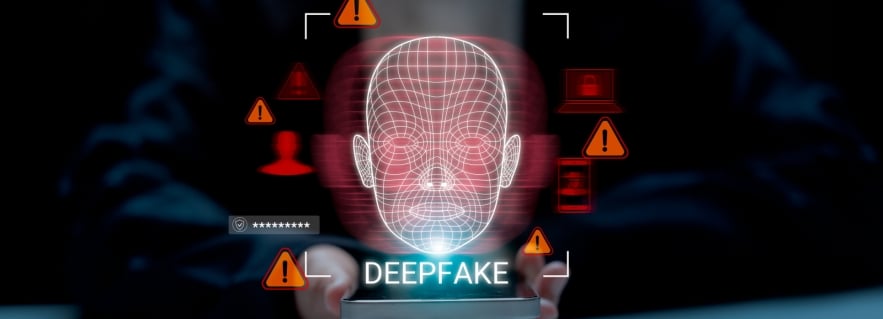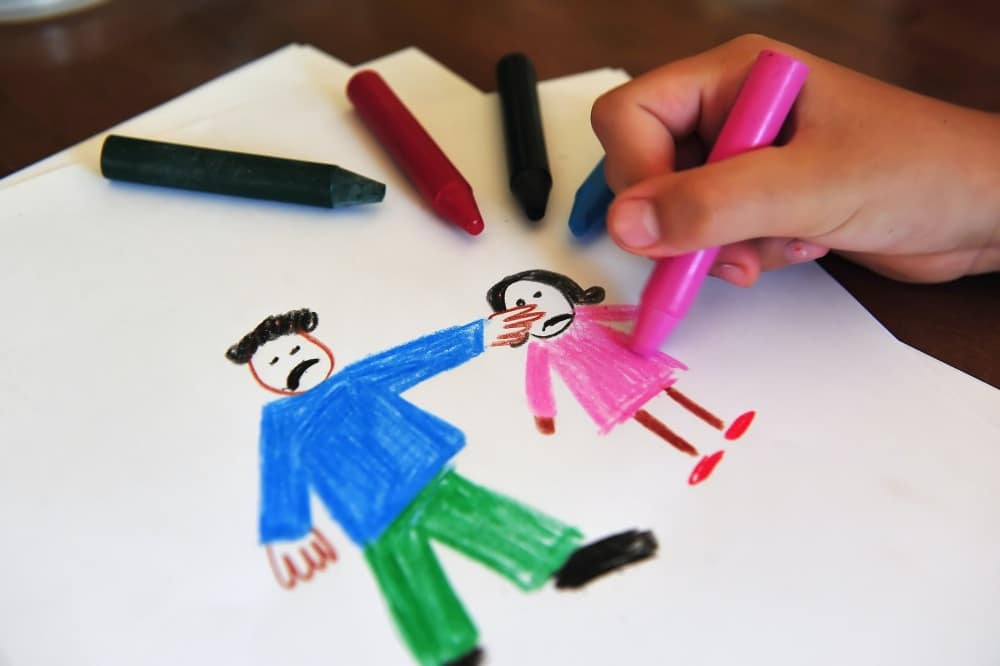In a decision issued today, the Washington Supreme Court ruled that survivors of childhood sexual abuse may still seek justice…
Can You Sue Someone for Making a Deepfake Video of You in Washington?

Artificial intelligence tools such as Sora, OpenAI’s text-to-video generator, have made it easier than ever to create videos that look and sound real, even when they are completely fabricated. Many victims first discover that someone has made a fake or AI-generated video of them because it is circulating online. These are known as “deepfake” videos, and they can cause devastating harm to a person’s reputation, career, and emotional well-being.
Victims are often left asking one urgent question: Can you take legal action if someone creates or shares a fake video of you?
While Washington State has no single law written specifically for deepfakes, several existing civil causes of action may still allow victims to recover damages.
Understanding Deepfakes and the Harm They Cause
A deepfake (sometimes called a fake AI video or fake video of yourself online) is a video or image that has been digitally created using artificial intelligence to make it appear that someone said or did something they never actually did.
What began as a novelty technology has evolved into a serious privacy threat. Victims may experience:
- Damage to personal and professional reputation
- Loss of employment or educational opportunities
- Harassment, humiliation, or emotional trauma
- In some cases, sexual exploitation or blackmail through fake porn videos
Even one falsely created or “edited” video can spread to thousands of viewers in minutes, leaving a permanent digital footprint that is extremely hard to erase.
Are Deepfakes or Fake Videos Illegal in Washington State?
Washington does not yet have a single law written specifically to address deepfake videos. Even so, victims are not without legal protection as several existing state laws can still apply depending on the nature of the video and the intent behind it. For instance:
- RCW 9A.60.045, updated through House Bill 1205 (2025), makes it a crime to knowingly distribute a forged digital likeness of another person with intent to defraud, harass, threaten, or intimidate.
- RCW 9A.86.010 makes it a crime to distribute intimate images without consent, which may apply to nonconsensual sexual deepfakes or fake porn videos.
- RCW 63.60 protects Washington’s Right of Publicity law, which may be violated if a fake or AI-generated video uses your face, voice, or other identifiable features without your consent, and for the defendant’s own advantage.
Although those are found in the criminal code, civil lawsuits use the support of those principles for tort-based claims such as defamation, invasion of privacy, and intentional infliction of emotional distress.
Legal Claims Victims Can Pursue
Since fake or AI-generated videos can cause harm in many different ways, there can be several legal strategies to pursue a claim.
Defamation, Libel and Slander
If a deepfake or fake video falsely portrays you committing a crime, engaging in lewd behavior, or otherwise damages your reputation, you may have a claim for defamation. In Washington, defamation includes both libel (written or recorded false statements, including videos) and slander (spoken false statements).
False Light
A false light claim arises when publicity is given to a matter that places a person in a false light if the portrayal would be highly offensive to a reasonable person and the publisher knew or acted with reckless disregard as to whether the depiction was false.
Invasion of Privacy
Washington law recognizes a common law right to privacy. In essence, one who publicizes a matter concerning another’s private life is liable for invasion of privacy if the matter publicized is of a kind that would be highly offensive to a reasonable person and is not of legitimate concern to the public.
Intentional Infliction of Emotional Distress
If someone created or shared the fake video to humiliate, threaten, or harm you, they may be liable for intentional infliction of emotional distress, also known as “outrage.”
Misappropriation of Likeness
When a fake or AI-generated video uses your face, voice, or other identifiable features without your consent, and for the defendant’s own advantage, it may violate Washington’s Right of Publicity law (RCW 63.60).
What If You Don’t Know Who Made the Fake Video?
Many victims don’t know who created or first posted the fake video. Although it poses a hurdle, it does not always mean the victim should wait to contact an attorney. Attorneys can use legal processes, such as subpoenas and court orders, to obtain information that helps identify the responsible person.
Even if the original creator cannot be located, others who repost or distribute the fake video may share liability for the continued harm.
What Damages Can Be Recovered in a Fake Video or Deepfake Lawsuit?
The amount of compensation available depends on the nature of the harm, but some examples of what victims may recover damages for are:
- Emotional pain, embarrassment, and humiliation
- Damage to reputation or loss of career opportunities
- Lost income or business relationships
- Court-ordered injunctions requiring removal of the fake video
Because every case is unique, victims should speak with an attorney experienced in privacy and defamation law to determine the strongest claims and possible outcomes.
Protecting Your Rights After a Deepfake or Fake Video
Victims of fake or AI-generated videos often face devastating harm from public humiliation and the permanent loss of privacy or reputation. These cases are complex, but the law provides real options for recovery. Even without a statute written specifically for “deepfakes,” Washington courts recognize the serious consequences of defamation, invasion of privacy, and emotional distress caused by falsified or manipulated videos.
Washington Law Center represents victims of privacy violations, sexual exploitation, and repetitional damage across Washington State. Our attorneys understand how deeply personal these cases are and will stand with you every step of the way to restore your dignity, your peace of mind, and your good name.
If someone made or shared a fake or AI-generated video of you, whether it was created using Sora or a similar AI video generation engine, you do not have to face the damage alone. Washington Law Center is committed to protecting your privacy, your reputation, and your rights.





Comments (0)